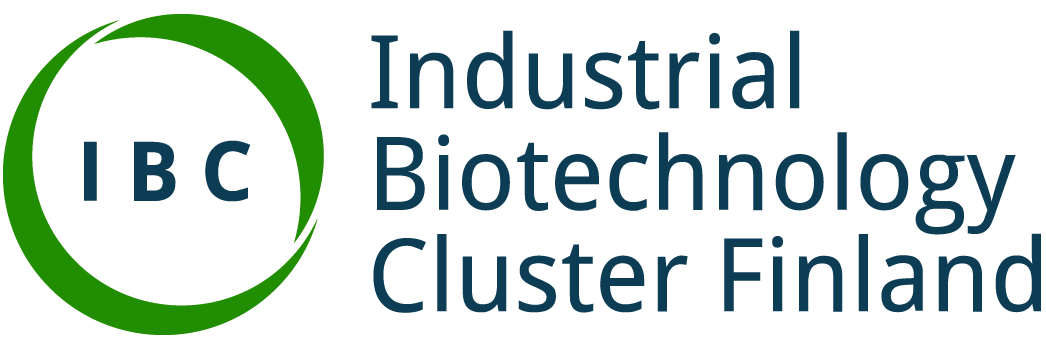On a biotechnology project years ago, one of the team members responsible for biological advancement referred to themselves as the microbial organisms “shop steward”, a reference to union representation. While it was somewhat in jest, it did imply that to get the most from the microbe, its needs had to be taken into account. It’s worth looking at scale-up from the perspective of the microbe for some valuable lessons.
It is important for me to start by pointing out I am far from an expert on the biologic side. I have been involved in commercializing many industrial biotechnologies, but my expertise is from the engineering and process development perspective, with only a basic understanding of synthetic biology and genetic modification. That said, I do believe the perspective of seeing the benefits and impacts of the genetic changes, rather than the technology performing them, is valuable and outlined below.
They are not that in to you – it can be a very competitive world for a microbe at a biotechnology start-up. You are selected for your pedigree, get your genetic modifications, show improved performance to what is available today, and what happens? In many cases you get replaced by an even better version within a short period of time. It is the reality of synthetic biology, the ability to make rapid changes and improve organism performance is great. The hard part for companies is to determine when the achievement is of a level that will be difficult to replicate and worth process development around the organism. There is danger in technical staff getting too emotionally vested in a certain microbe that can be replaced over-night.
You never call or write – when a microbe “graduates” from the synthetic biology side and makes its way into the process development part of the business to determine if it is as valuable as initial testing indicated, it is important to have a feedback loop. Often the biology and scale-up groups of the business do not share enough information, to the point where the staff developing the hopeful microbes, do not know how each one turns out. Some companies go so far as to post tracking charts in the lunchroom so that those that feel vested in microbes they have help develop get to track their ultimate success. This feedback loop is a critical part of the development process and can assist in breaking down departmental silos.
Change that matters – from a simplistic perspective, synthetic biology is based on selecting a base microbe with many of the traits desired and making “tweaks” to get the organism to make a different compound or other desired functions. This all sounds benign until you sit in meetings and hear about over-expression and knocking genes out. They sound minor to many, but I have seen unintended consequences occur. As a base organism is developed more and more, it can often change attributes that were not intended. Some are easily discernable (like a strain that became referred to as the “dead body” microbe because of its incredibly foul odor during fermentation) to less visible ones such as impacts on downstream recovery. Change is important, but like with people, it can be much harder to change only the portions you want, without impacting the rest.
Impacts of a slow metabolism – metabolic pathways are often the primary consideration when selecting an organism, which ones can effectively and efficiently do the desired conversion. This is important to complete the first half (fermentation-side) of most processes, but can present issues with recovery, depending on the proposed process. If the product is a whole cell material where limited downstream recovery is required, this may not be an issue. Products that require extraction from the cell are where the issues begin. Factors like ability to deconstruct the cell to access the target compound, while not converting it to a “soup” of cell pieces that requires costly recovery, is a factor that needs to be balanced against metabolic considerations.
Shiny objects – as mentioned above, one of the most difficult decisions a startup biotechnology venture can make is when a new version of the microbe is worth the significant investment that scaling-up will require. This usually involves small-scale bench fermentation to do rough optimization of operating parameters, followed by pilot scale runs in pilot plant or at a contract research facility. As pilot scale runs can often cost tens of thousands of dollars each, the cost to determine if the next hot microbe is a winner or not can be significant. The feedback cycle of learning what forecasts success at an early stage is critical to optimizing scale-up spending.
Synthetic biology is an incredible tool that has already made dramatic improvements to everyday life. The ability to integrate it even further will come from a better understanding of the entire scale-up process, including viewing it from the microbes perspective.
By Mark Warner, PE, Founder, Warner Advisors LLC
https://www.biofuelsdigest.com/bdigest/2019/01/08/scale-up-from-the-microbes-perspective/
